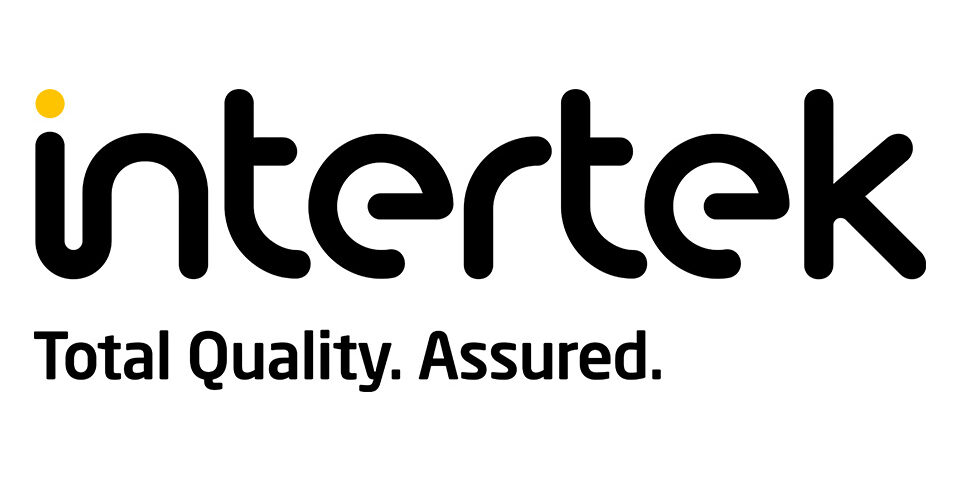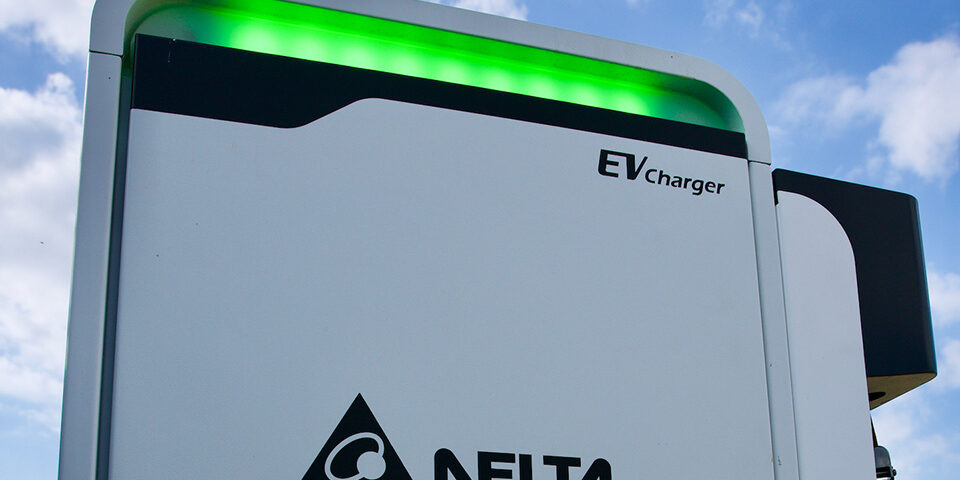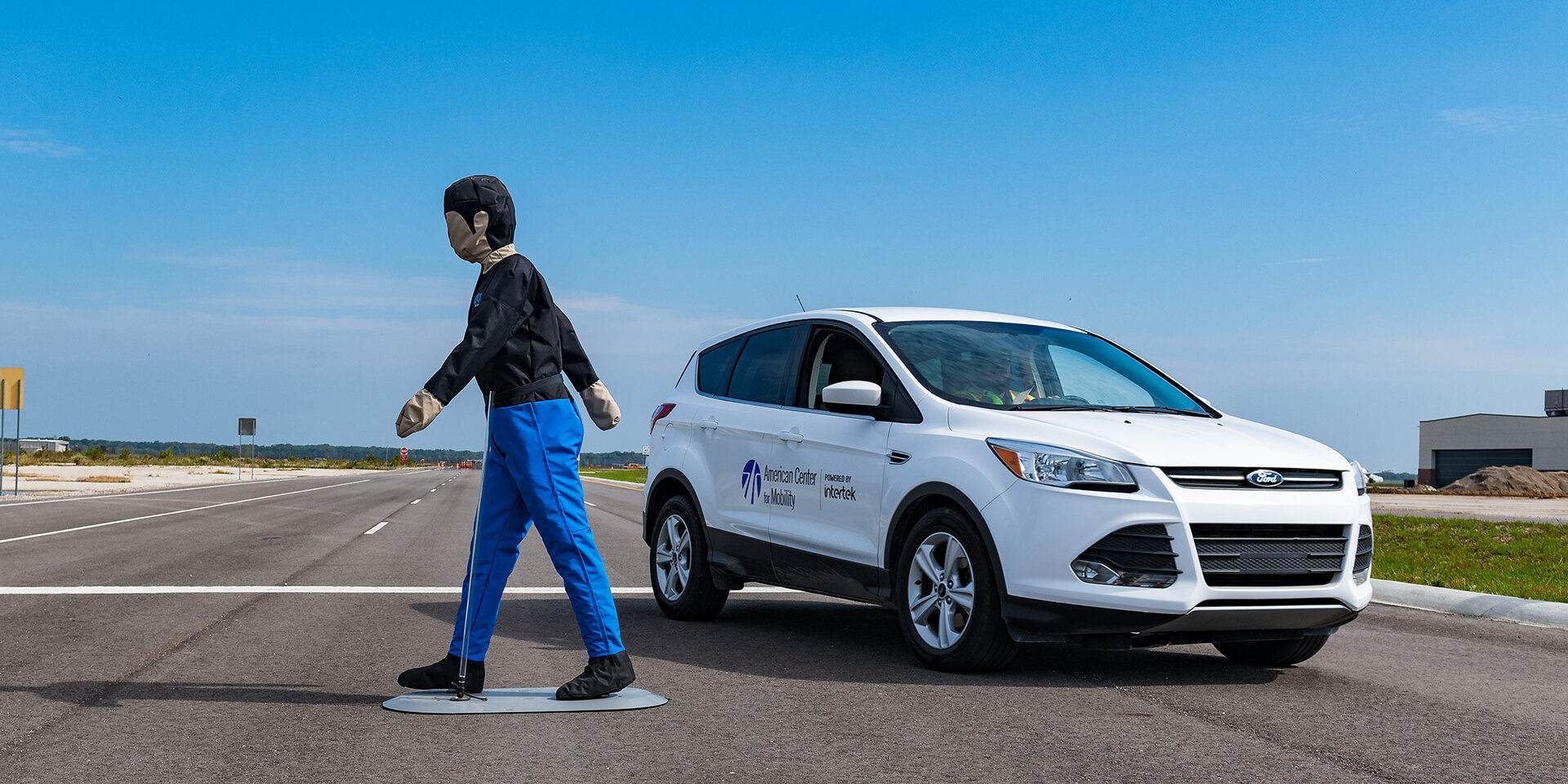Services &
Equipment
ACM Technicians & Engineers
Intertek is the preferred operational partner at American Center for Mobility providing services to aid ACM customers in achieving their test goals in areas such as:

Automatic Emergency Braking (AEB)
Automatic Parking
Automotive Navigation System
Blind Spot Monitoring
Crash Imminent Braking (CIB)
Collision Avoidance System
Driver Monitoring System

Forward Collision Warning (FCW)
Lane Keep Assist System (LKAS)
Traffic Sign Recognition
Turning Assistant
Vulnerable Road User (VRU) Detection System
Product design troubleshooting & recommendations
R&D support
Identify/solve regulatory & certification requirements

Identify/solve testing challenges
Performance & safety assessments
Systems plan development, including analysis on integrated components
Assistance with documentation
New technology requirements
New automotive market demand
Simplifying complex requirements
Design for compliance with current/upcoming regulations
Resolve existing issues and anticipate future challenges
Test Environments - Equipment, Infrastructure, EV
Remote Programmable Infrastructure Tool: MCity OS
DRI Soft Car 360 Global Vehicle Target
Euro NCAP Vehicle Target (EVT)
4 activePS Static Adult and Child pedestrian targets and surfboards
Moshon Data Foam Core Vehicle Target
Moshon Data Foam Slab Vehicle Target
RaceLogic VBOX ADAS Data Acquisition and RTK System
OxTS RT-Base S
AB Dynamics Guided Soft Target with a self-propelled platform
AB Dynamics Pedal Robot
EV Chargers
Escort and Interaction Vehicles
Vehicle Evaluation, Validation and Standards Evaluation
Accelerated Mileage Accumulation
Data Acquisition and Comprehensive Reporting
Energy Storage System Cycling and Performance Measurement
EV Infrastructure Testing
Fleet Vehicle Monitoring
Public Road & Closed Track Testing
Rough Road Testing
Evaluate Interoperability between Devices and Vehicles
Dedicated Short Range Communications (DSRC) V2X
5G communications V2X
Sensor Durability
Technology Tool Set
Autonomous Cloud - ITS User Control - Safe Test
Autonomous Cloud: Built on Microsoft Azure with integrations to partner services, providing a secure and scalable data analytics platform and support for the development & testing of AV models. ACM Autonomous Cloud services are provided under a consumption and/or outcomes-based subscription, significantly reducing upfront hardware/software stack and resource expertise investments.
To become a user of the ACM Autonomous Cloud, contact ACM experts to start customizing a suite of tools to meet your simulation test needs.
A Collaborative Approach to the CAV Development Life Cycle
American Center for Mobility and Services Partners Deloitte, Siemens and Microsoft have collaborated to enable an expansion on ACM’s technology toolset offerings. Under this ecosystem partnership, Deloitte has designed, implemented and operates the ACM Autonomous Cloud, a Platform-as-a-Service offering for our clients to address these broad requirements:
Data Management & Analytics
Mapping
Simulation & Modeling
Augmented Reality
AI Model Development
ACM has partnered with Deloitte to support the Connected Autonomous Vehicle industry, with the shared vision to create a joint, collaborative business model using modern cloud technologies that will create engineering efficiencies such as accelerating time-to-value/market and lowering costs.
Quickly build real-world test scenarios
Easily set up initial conditions for repeatability
Minimize human interaction
Ease the use of complex testing and disparate infrastructure systems
Collect data to verify results
Provide path to compare results to simulation
Share results in a common format for interoperability, collaboration
ITS User Control
ACM ITS User Controlled Platform (UCP)
The ACM ITS UCP makes it possible for engineers to create and execute complex, sophisticated, and easily repeatable test scenarios in the cloud, potentially saving testing time and costs, and accelerating product development.
Build on the University of Michigan's McityOS platform (using Skyline and Octane), the ACM ITS UCP runs on any internet-enabled device allowing it to control all vehicle test features available. The cloud-based open-source operating system gives users point-and-click control over interactions between vehicle and the ACM smart mobility test center facility features and infrastructure.
Customize and integrated with the ACM infrastructure and test equipment
Quickly build real-world test scenarios
Easily set up initial conditions for repeatability
Minimize human interaction
Ease the use of complex testing and disparate infrastructure systems
Collect data to verify results
Provide path to compare results to simulation
Share results in a common format for interoperability, collaboration
Capabilities
Access ACM infrastructure fiber network and integrated devices.
Query and control traffic, communications, and infrastructure devices.
Build complex ITS control scripts to automate traffic and testing scenarios.
Includes
Intersection Traffic Controls.
DSRC RSU communications.
Options to implement additional sensor feeds, controls of lighting, gates, and other infrastructure systems.
Other IOT/Plug-and-Play network controllable devices.
Utilization of these systems can be performed both:
Remotely (offsite.) Allows for live development, testing, validation, and debugging of API control scenarios prior to onsite visits.
Trackside (onsite.) Via ACM wi-fi or cellular hotspot internet access. Allows for onsite control, execution, and logging to physical test scenarios.
When used in conjunction with additional ACM capabilities, users can leverage other onsite tools including:
In vehicle GPS/GNSS RTK measurement solutions (2cm) accuracy.
GPS/GNSS RTK Survey Equipment.
In-vehicle data logging and video solutions.
Synchronized robotics (testing target platforms, in-vehicle pedal and steering robots).
Triggering solutions.
Custom environment build-outs.
Mapping and simulation solutions.
The ability to develop and execute repeatable, synchronized scenarios and collect timestamped data from multiple sources both in-vehicle and facility ITS.
Benefits
One of the primary benefits of the platform is the ability to “trigger” specific scenario outputs, based on chosen inputs. This provides the ability to generate repeatable ITS related scenarios. Typical trigger inputs can be:
Software
Button/Manual devices
Lidar/Laser
V2X (OBU/GPS location, RSU message)
Other IOT “plug-and-play” devices
Future Capabilities
Lidar triggering
Tablet controlled GPS surveying solution for placement of markers
Robotics control within API
Other infrastructure equipment, sensors, and controllable devices
Safe Test
The Safe AI Framework for Trustworthy Edge Scenario Tests (SAFE TEST) aims to radically improve the efficiency of AV performance testing by creating more incidents per mile while eliminating expensive test equipment and variances in repeatability of scenarios. This is achieved by combining real-world testing customized for the American Center for Mobility Smart Mobility Test Center with two pieces of innovative technologies developed by University of Michigan's Center for Connected and Automated Transportation (CCAT) including:
The Augmented Reality Test Environment which allows for virtual background traffic, road obstacles and weather challenges to be added to the testing environment that the brain of the test vehicle sees as “real”. The simulated vehicles are easily controlled so specific test scenarios can be repeated perfectly each time.
The Naturalistic and Adversarial Driving Environment (NADE) tests for “long-tail events” which are rare situations such as a vehicle merging in front of another vehicle or hard braking. The NADE inserts background vehicles that conduct these adversarial and rare maneuvers at a much higher rate. Simultaneously, the environment uses naturalistic driving data from the to ensure unbiasedness.
By combining these two cutting-edge technologies, SAFE TEST is able to increase the efficiency of AV performance testing, reduce operational costs, and accelerate product validation. As part of CCAT's 2021 research, Dr. Liu was awarded funding to implement the SAFE TEST at ACM.

